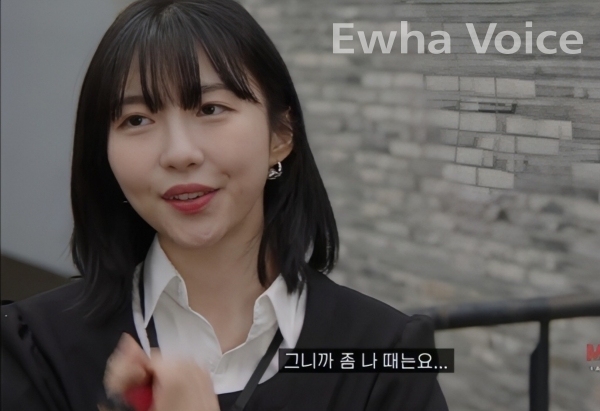
Television comedy shows in South Korea have taken a new turn in recent years, depicting intergenerational workplace conflicts in a new light. The term “MZ” stands for “Millennials and Generation Z,” two generational cohorts who share certain characteristics, such as growing up with digital technology and valuing work-life balance. MZ generations are also perceived as being more socially and politically progressive and diverse than previous generations.
Whereas, some conceive of the term “MZ generation” an oppressive desire for all young people to conform to the world created by the older generation and to become diligent workers without complaints. It is seen as a way for those who want to maintain the existing system, institution, and culture to attack or belittle those who criticize the current regime by saying that there is a problem with the existing system.
The conflict between millennials and Generation Z, previously portrayed as clashes with their bosses, has shifted to passive-aggressive confrontations among younger employees themselves. The popularity of the “MZ Office” segment on Saturday Night Live (SNL) Korea has exploded, amassing millions of views since its release. The program uses SNL cast members to depict conflicts between millennials and other generations, as well as conflicts among millennials themselves, in a comedic way.
In one episode, comedian and actress Joo Hyun-young plays an MZ office worker who vlogs from her office, where she has worked for about two years. She tries to get her bosses and colleagues to appear in her vlog, but ends up annoying a male colleague who doesn’t want to participate. Later, Joo gets accused of being a kkondae, a term that refers to a condescending older person in Korean, after pointing out that the new recruits have arrived late. In the last scene, the boss suggests getting Starbucks coffee, but instead of offering to get it, the new recruits demand Iced Americanos, leaving their colleagues feeling awkward.
The rise of “young kkondaes” has become a major topic of conversation in Korea, and “MZ Office” constantly uses this term to describe situations where Joo or her colleague tries to ask newcomers to do chores or pressures them to follow office rules without questions as they are the youngest in the workplace. Joo is often surprised to find herself acting that way, lamenting that she has become a kkondae herself.
In “MZ Office,” various ambiguous company etiquette issues are addressed: Is it okay to wear AirPods (earphones) in the office? Who should grill meals at company dinners? Who should be responsible for ordering food at the office? Is it appropriate to film a Vlog at work? The segment also covers issues such as junior employees using informal speech with older colleagues, interviewees who don’t understand common office terms, and younger interviewees who are perceived to have poor comprehension skills.
The segment has become relatable to many in the MZ generation, and it stands out from similar sketches by depicting bosses as bystanders and shedding light on internal monologues to reveal the true nature of passive-aggressive behavior, which involves expressing negative feelings indirectly, rather than confronting the source of those feelings directly, inside the MZ generations. This approach allows the audience to reflect on their own behavior in the workplace and provides a new perspective onintergenerational conflicts.
With “MZ Office” having received criticism for being offensive and using women’s office politics as a major theme, the fact that this segment has become a hot topic shows that similar conflicts are actually widespread in Korean society. The rise of young kkondaes has become a major topic of conversation in Korea, with the media, including entertainment, tending to amplify generational conflicts. Therefore, it is important to focus on finding solutions through mutual agreement based on organizational characteristics, rather than blaming problems on different generations.

